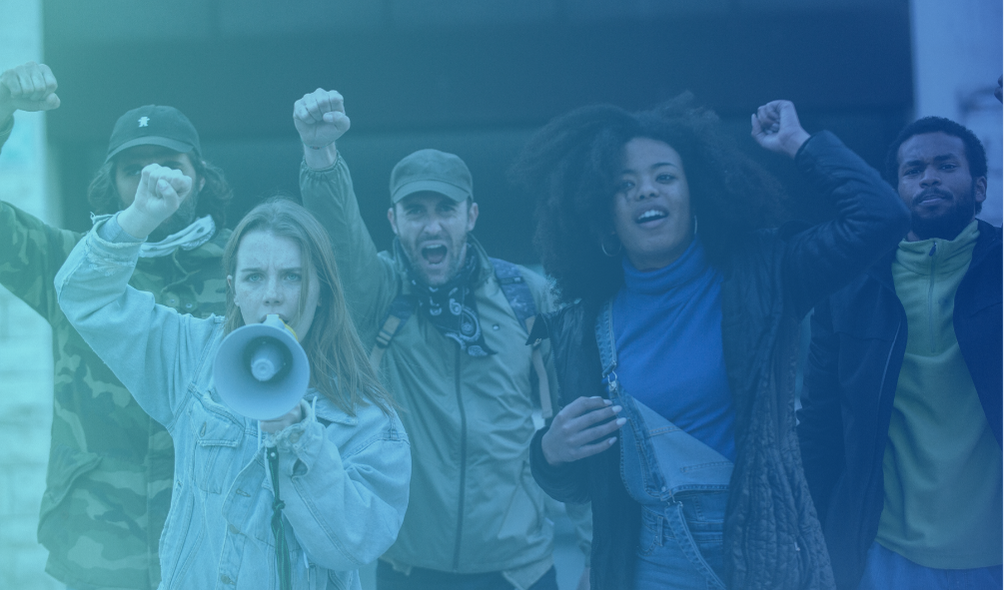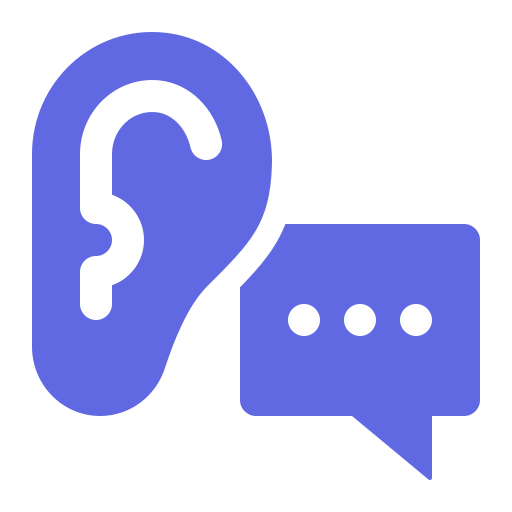Does your first line detect the first signs of a potential crisis?
3 tips to improve your first contact with the outside world
During simulation exercises, we often notice that things go south during the first contact with the outside world. A consumer, customer or journalist contacts your company by phone (front desk, office), the Internet (mail, social media) or in real life (reception, surveillance).
Unfortunately, companies are not always reachable outside of office hours or during lunch break. Sometimes, companies believe to be reachable, but are not due to an undetected technical issue. This is also the case with web forms. A technical issue prevents you from completing the form at all times. During a cyber security incident, some companies go completely offline: they cannot be reached by mail or phone because their numbers are also in the cloud.
Even when companies are reachable, things can still go south.
The first line...
- has a phone but nothing to take notes;
- minimises the complaint and gets rid of the consumer;
- gives an extensive interview to a journalist;
- forwards the call without taking notes and does not check if the call was answered by the colleague.
On the eve of a crisis, it is crucial that the
first contact is properly executed. How well is your first line team prepared?
The situation below happened to one of our members.
A consumer has a complaint about a product and calls the company. At the reception, they immediately forward the consumer to a quality manager, without asking for contact details. Something goes wrong while forwarding the call and the company does not have consumer nor complaint information. A few hours later, the company receives a very threatening mail from the consumer, in which he claims that the call was ended on an aggressive note. His next move was to contact VTM, which already replied to his message. Except from a name, no additional contact details were found in the mail.
Unfortunately, this happens too often. When the first line does not offer a listening ear, consumers tend to address consumer organisations, the media, the place of purchase or the authorities. This makes handling complaints unnecessarily hard.
Make your first response an empathic one
First of all, empathize with the consumer's emotions. Next, you ask for the consumer's name. Please note all the necessary contact and product details.
Take every complaint seriously, thank the consumer for reporting the issue. Sensitive complaints deserve extra attention. Consumer confidence should be rebuilt and a quick and adequate response is crucial. Try to enter into direct contact by calling the consumer. That is not only a sign of involvement, but it helps you to better understand what has happened and might help to avoid any further escalation.
Create an escalation protocol
Make clear guidelines. What should your first line employees do after receiving a sensitive call? Make sure that the procedure is not open for interpretation. To whom should they escalate and what information should they provide? Do they send an email or confirm by phone? Within what time frame should they undertake action?
Contact the consumer by phone
When the complaint was properly handled, it is so much easier to share the results after internal investigation. Communicate them in a brief, factual and clear manner. Contact the consumer by phone. This way, you will hear their first reaction, which will help you to better interpret whether the consumer is satisfied with the explanation. Usually, regaining the consumer's trust has less to do with the complaint itself, but more with the professional approach of the first line.
We prepare your first line for a crisis in only 60 minutes
During our ‘first line’ training, your employees are being trained on how to respond to sensitive situations and contact with the outside world. The training consists of three parts:
- participants have a week to follow the e-learning (20')
- followed by a telephone call with a number of role plays (30')
- finally the participants receive one week to complete the test (10')
The company receives a report with their results. In a next phase, we can also test the trained first lines during a spot check. Each employee receives individual feedback.
Learning points

How to keep calm when your company is targeted by an activist group
Recently, an imminent occupation by an activist group caused a stir at a major food company. After receiving a tip-off, the local police warned the company about the threat. In ...

Your company in the eye of a media storm
After a tragic incident, a well-known food producer found itself in the eye of a media storm. A toddler lost their life after eating one of their products. How do you respond as...

A consumer finds pests in your product: now what?
Picture this: a consumer casually opens one of your products and all of a sudden, he freezes. Inside the packaging, tiny insects are crawling about. The root cause? A contaminat...




